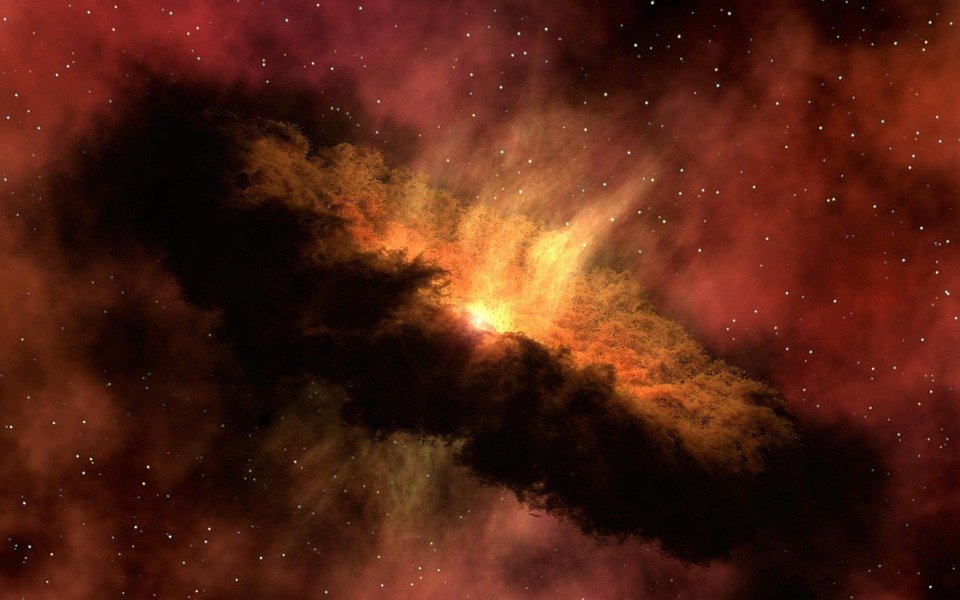Planets may have formed in our solar system millions of years earlier than previously thought, according to a new study of long-dead stars.
Astronomers examined the mixture of different elements in the atmospheres of more than 200 white dwarfs, which were once as massive as our sun or larger, in a study published Monday (Nov. 14) in the journal Nature Astronomy.
The researchers discovered clear evidence that these stars had been “polluted” with heavy elements such as iron, magnesium, and calcium. The authors claim that white dwarfs typically have pristine atmospheres, and that these elemental anomalies could only be the result of collisions with ancient asteroids known as planetesimals — the rocky building blocks of early planets — that burned up in the stars’ atmospheres eons ago.
This is not the first time white dwarfs have been observed with the corpses of potential planets in their atmospheres. The elements detected in these particular stars, however, suggest that the burnt-up planetesimals once had iron cores, implying that they went through the long process of melting and hardening known as differentiation — the same process that gave Earth its rocky mantle and iron core billions of years ago.
To have survived this long melting process, the iron-cored planetesimals must have formed within the first million years of their solar systems’ lives, according to the researchers — much earlier than most models of planet formation suggest.
“The origin of the melting can only be traced to extremely short-lived radioactive elements that existed in the early phases of the planetary system but fade away in only a million years,” Amy Bonsor, an astronomer at Cambridge University in the United Kingdom, said in a statement. “In other words, if these asteroids were melted by something that only existed for a very limited period of time at the beginning of the planetary system, then the process of planet creation must have begun extremely fast.”
Planets are thought to develop from frozen disks of gas and dust that orbit newborn stars; over time, small particles in these disks clump together, generating larger and larger objects. Rocky planetesimals eventually arise. Some of these planetesimals continue to accrete matter from their surroundings, becoming planets, while others, like the ones that reportedly collided with the white dwarfs in the current research, remain as asteroids.
Most theories hold that planetesimals don’t appear in a solar system until their host star has already reached its final size, many millions of years after the star’s birth. But this new study suggests that that cannot always be the case; in order for a dead star to contain the remains of iron-rich asteroids in its atmosphere, then that star and its planetesimals must “grow up together,” the study authors wrote. And that pushes back the start of planet formation by millions of years.
“Our study complements a growing consensus in the field that planet formation got going early, with the first bodies forming concurrently with the star,” Bonsor said. This type of planet formation may be “ubiquitous” among solar systems, including our own, she added.
That doesn’t mean that Earth, or any other planet, is older than was previously thought; the study’s findings only suggest that the physical process of planet formation begins much earlier than prevailing models have claimed.

